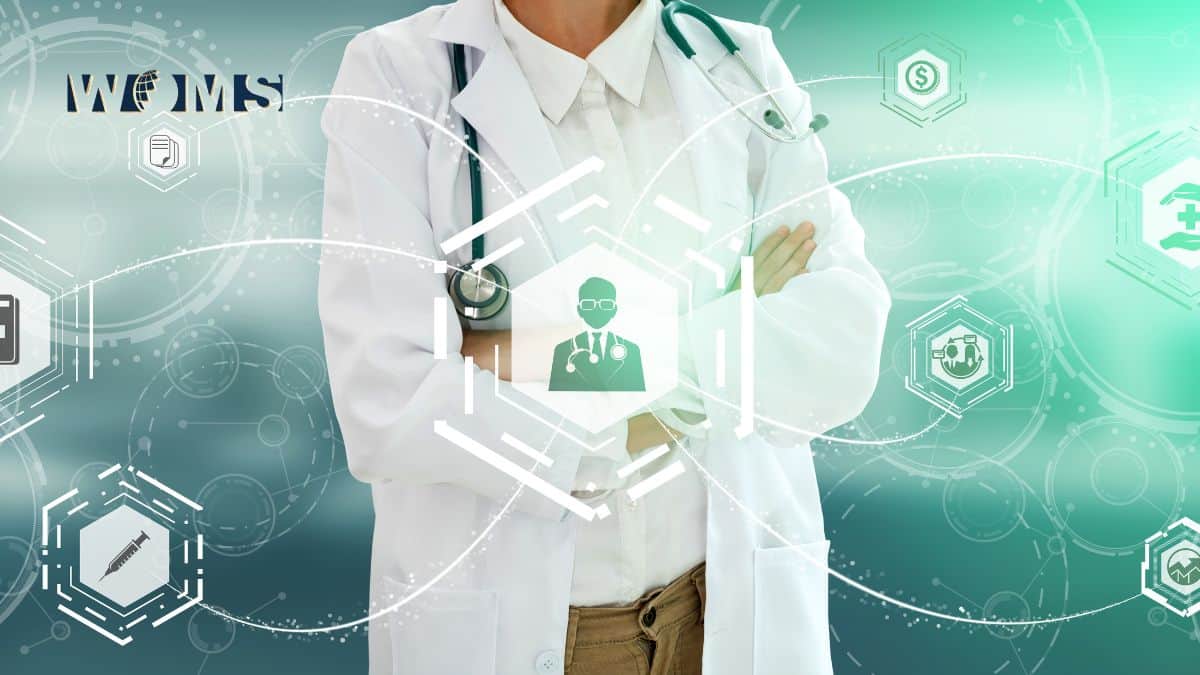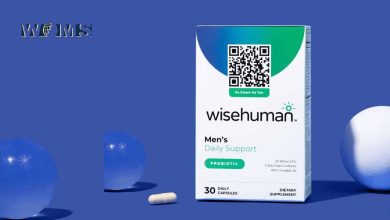From Hospitals to the Cloud: Exploring the Benefits of SaaS in Healthcare

In recent years, the healthcare industry has witnessed a significant transformation with the integration of technology into various aspects of patient care and administrative processes. One of the key advancements that has gained considerable attention is the adoption of Software-as-a-Service (SaaS) solutions.
SaaS offers a range of benefits for healthcare organizations, from increased operational efficiency to enhanced patient care. In this article, we will delve into the advantages of SaaS in healthcare, highlighting its potential to revolutionize the industry.
Streamlining Healthcare Operations with SaaS
SaaS solutions provide healthcare organizations with a streamlined approach to managing their operations. By utilizing cloud-based software, hospitals and clinics can efficiently handle tasks such as appointment scheduling, billing, and electronic health records (EHR) management.
This centralized approach eliminates the need for multiple standalone systems, reducing administrative burden and improving overall efficiency. Furthermore, SaaS solutions often offer scalability, allowing healthcare providers to easily adapt to changing demands and accommodate growing patient volumes.
Enhancing Patient Care
SaaS in healthcare goes beyond optimizing administrative processes; it also has a significant impact on patient care. With cloud-based systems, healthcare professionals can access patient data and medical records from any location with an internet connection. This accessibility enables seamless collaboration among healthcare teams, improving communication and facilitating more informed decision-making.
Additionally, SaaS solutions can integrate with telemedicine platforms, enabling remote consultations and monitoring, expanding access to care, particularly in rural or underserved areas.
Leveraging Data Analytics for Insights and Improvements
SaaS solutions in healthcare offer robust data analytics capabilities that can provide valuable insights for improving patient outcomes and operational efficiency. By analyzing large volumes of data generated from various sources, such as EHRs and medical devices, healthcare organizations can identify trends, patterns, and potential areas for improvement.
These insights can help in optimizing treatment plans, predicting disease outbreaks, and enhancing resource allocation. Moreover, SaaS analytics tools enable healthcare providers to comply with regulatory requirements and quality reporting standards more effectively.
Security and Data Privacy Considerations
When adopting SaaS solutions, healthcare organizations must prioritize security and data privacy. Patient health information is highly sensitive, and strict compliance with privacy regulations, such as the Health Insurance Portability and Accountability Act (HIPAA), is essential. Reputable SaaS vendors implement robust security measures, including data encryption, access controls, and regular audits.
It is crucial for healthcare providers to thoroughly assess the security protocols of potential SaaS partners and ensure compliance with industry standards to safeguard patient data.
The Role of Apple Cider Vinegar in Wart Treatment
While exploring the benefits of SaaS in healthcare, it’s worth mentioning a natural remedy that has gained attention in recent years for wart treatment: apple cider vinegar. Although not directly related to SaaS, it demonstrates the vast range of topics in the healthcare domain. Some anecdotal evidence suggests that applying apple cider vinegar on warts can help reduce their size and eventually eliminate them.
However, it’s important to note that scientific research on this specific use of apple cider vinegar is limited, and its effectiveness may vary from person to person. It’s always advisable to consult with a healthcare professional for proper diagnosis and guidance on wart treatment options.
Future Trends and Outlook
As the healthcare industry continues to evolve, the adoption of Software-as-a-Service (SaaS) in healthcare is expected to grow significantly. This section explores the future trends and outlook for SaaS in healthcare, including the integration of SaaS with emerging technologies and its potential impact on healthcare delivery and patient outcomes.
Growing Adoption of SaaS in Healthcare
The adoption of SaaS in healthcare is projected to continue growing in the coming years. The benefits of SaaS, such as cost-efficiency, scalability, and streamlined operations, make it an attractive solution for healthcare organizations. As more healthcare providers witness the positive impact of SaaS on their operations and patient care, the demand for these solutions is expected to rise.
SaaS providers are also likely to adapt and develop specialized solutions to cater to the unique needs of specific healthcare sectors. For example, there may be SaaS platforms tailored for primary care clinics, specialized hospitals, or long-term care facilities. This sector-specific approach will enable healthcare organizations to further optimize their operations and improve patient outcomes.
Integration of SaaS with Emerging Technologies
The integration of SaaS with emerging technologies holds great potential for transforming healthcare delivery. SaaS solutions can leverage technologies such as artificial intelligence (AI), and machine learning (ML) like medical imaging while performing medical exams, the Internet of Things (IoT), and blockchain to enhance their capabilities and provide even more value to healthcare organizations.
For instance, AI and ML algorithms can be integrated into SaaS platforms to analyze vast amounts of patient data and generate actionable insights. This can aid in early disease detection, personalized treatment plans, and predictive analytics for better patient outcomes. Additionally, IoT devices and wearable technologies can seamlessly connect with SaaS platforms, allowing for real-time patient monitoring and remote healthcare services.
Blockchain technology has the potential to enhance the security, privacy, and interoperability of healthcare data within SaaS solutions. By leveraging blockchain, healthcare organizations can ensure the integrity of patient records, enable secure data sharing between providers, and enhance patient consent management.
Potential Impact on Healthcare Delivery and Patient Outcomes
The integration of SaaS with emerging technologies has the potential to revolutionize healthcare delivery and significantly impact patient outcomes. By leveraging advanced analytics and technologies like AI, healthcare providers can make more accurate diagnoses, deliver personalized treatments, and improve patient monitoring and follow-up care.
SaaS platforms integrated with AI-powered chatbots or virtual assistants can enhance patient engagement and provide 24/7 access to healthcare information. Patients can receive automated reminders for medication adherence, access educational resources, and even receive personalized health recommendations based on their data.
The seamless integration of IoT devices with SaaS solutions enables remote patient monitoring and telehealth services, extending healthcare access to remote or underserved areas. This can lead to better management of chronic conditions, reduced hospital readmissions, and improved patient satisfaction.
Moreover, the data analytics capabilities of SaaS solutions allow healthcare organizations to identify trends, patterns, and potential areas for improvement in healthcare delivery. By leveraging these insights, healthcare providers can optimize resource allocation, streamline workflows, and implement evidence-based practices that positively impact patient outcomes.
Conclusion
The future of SaaS in healthcare looks promising, with growing adoption and integration with emerging technologies. The integration of SaaS with AI, IoT, blockchain, and other emerging technologies has the potential to transform healthcare delivery, improve patient outcomes, and enhance the overall efficiency of healthcare organizations.
As healthcare providers continue to embrace these advancements, the healthcare industry as a whole will benefit from streamlined operations, enhanced patient care, and data-driven decision-making.




